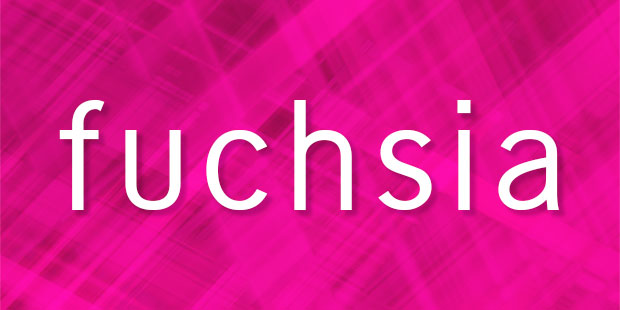
A team at Google is working on a new operating system called “Fuchsia,” according to information that recently turned up on Github, but details are sparse.
Fuchsia “is a new open source project that is not at all related to Android or Chrome OS,” Google spokesperson Joshua Cruz told LinuxInsider.
He declined to provide further details about Fuchsia, saying only that “we have many revolving open source projects at Google.”
Fuchsia already has undergone some testing, and it is booting “reasonably well” on NUCs based on Intel’s Skylake and Broadwell processors, according to a discussion thread on Y Combinator’s Hacker News. It also is booting on the Acer Switch Alpha 12, and soon will support the Raspberry Pi 3. Work on drivers is in progress.
The Fuchsia team reportedly includes Travis Geiselbrecht, who worked on NewOS, the Danger Hiptop smartphone, iOS, WebOS, Jawbone and BeOS; and Brian Swetland, who worked on BeOS and Danger. Both also were involved with Android.
Hints and Speculation
Fuchsia reportedly is built on the Magenta kernel, which is based on Google’s LittleKernel project.
However, Google draws distinctions between Magenta and LK.
Magenta targets modern phones and PCs with fast processors and nontrivial amounts of RAM with arbitrary peripherals doing open ended computation. LK is a kernel designed for small systems typically used in embedded applications.
Magenta’s inner constructs are based on LK, but the layers above are new. That said, a Magenta process is based on LK-level constructs such as threads and memory.
Fuchsia reportedly uses Flutter, a new project to help devs build high-performance, high-fidelity mobile apps for iOS and Android from a single code base, consistent with Java’s “write once, fit many” concept. It also uses the Dart application programming language, which Google employs to make very large apps.
Magenta has a capability-based security model, while all code is trusted in LK.
Security apparently was a concern for mtgx, who asked in the Hacker News discussion whether Fuchsia could be written in Rust while it’s in the early stages of development.
That “could avoid a whole lot of security issues down the road, which I think even Dart’s VM won’t be immune against (at least from what we’ve seen with Android — like the dozen+ stagefright vulnerabilities),” mtgx reasoned.
Fuchsia may be used as the OS for the Internet of Things, in embedded systems, and possibly even in mobile devices and PCs.
Where Fuchsia May Fit
Fuchsia “appears to be a new OS focused on IoT and embedded devices,” said Al Hilwa, a research program director at IDC.
It’s not likely to be aimed at replacing Android, because “there is simply too much developer commitment APIs to mess around with Android, and at this relatively mature stage of the mobile market, it will be much harder to get traction around a new phone or tablet OS,” he told LinuxInsider.
“The births of these types of platforms for general public use are likely once-in-a-generation events from a developer-critical mass perspective,” Hilwa noted. “Having said that, the IoT market is a bit of an open canvas. There are a lot of problems that can be solved around security and device variation, and so a new OS may achieve traction.”
[Source: Technewsworld]










